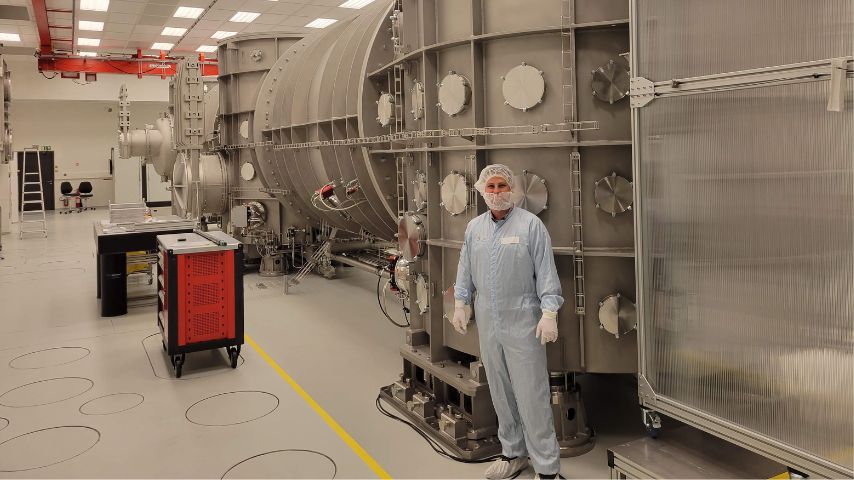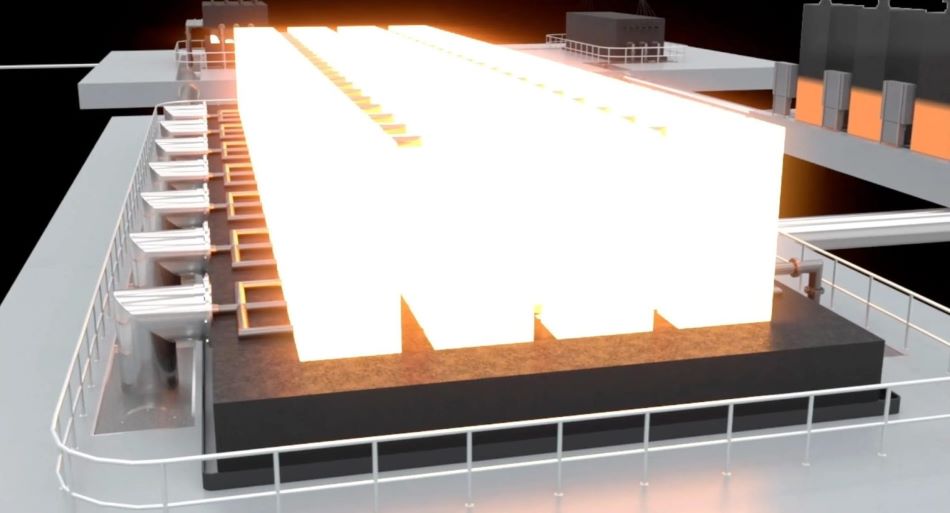Trump Administration Relaxes Clean Car Standard with New RPA Rule
Trump Administration Relaxes Clean Car Standard with New RPA Rule
Last week, the U.S. Environmental Protection Agency (EPA) and the National Highway Traffic Safety Administration (NHTSA) announced a new rule, the Safer Affordable Fuel-Efficient (SAFE) Vehicles Rule, that will rollback Clean Car standards implemented under the Obama Administration to curb greenhouse gas emissions. The new rule will require that CAFE (Corporate Average Fuel Economy) and C02 emissions be reduced by only 1.5 percent annually through 2026, while previous regulations required a 5 percent annual reduction through 2025. The Administration says this new rule will make cars more affordable for Americans, but environmentalists show grave concern over the negative environmental impacts this rollback will have.
U.S. Secretary of Transportation Elaine Chao said that the “rule reflects the Department’s #1 priority—safety—by making newer, safer, cleaner vehicles more accessible for Americans [and in doing so] more lives will be saved and more jobs will be created.” EPA Administrator Andrew Wheeler too commented on the new rule, stating that the “final rule puts in place a sensible one national program that strikes the right regulatory balance that protects our environment, and sets reasonable targets for the auto industry. This rule supports our economy, and the safety of American families.”
But despite the Administrations claims that the new rule will increase safety while allowing environmental benefits, a recent analysis by the Environmental Defense Fund examines how this new rollback of clean emissions standards will affect the overall emissions in the U.S. by mid-century and funds that by 2040, an additional 1.5 billion metric tons of climate pollution will be released into the atmosphere, an amount equivalent to the total pollution from 68 coal plants operating for five years, and finds that under this new rule, Americans will pay $244 billion more at the gas pump.
This all comes on the tail of Congressional energy committees seeking solutions to reach net-zero carbon emissions by mid-century. ASME has previously reported on Congressional efforts underway to reduce emissions:
- House Energy & Commerce Committee Democrats Release Discussion Draft for CLEAN Future Act for the U.S. to Reach Net-Zero Emissions by Mid-Century
- Hearing on “Building a 100 Percent Clean Economy: Advanced Nuclear Technology’s Role in a Decarbonized Future”
- House and Senate Staff Discuss Plans for Clean Energy and Climate Innovation
- House Energy and Commerce Committee Holds a Legislative Hearing on Six Energy R&D Bills
- House Energy Committee Examines Reforms to Renewable Fuel Standard Program



